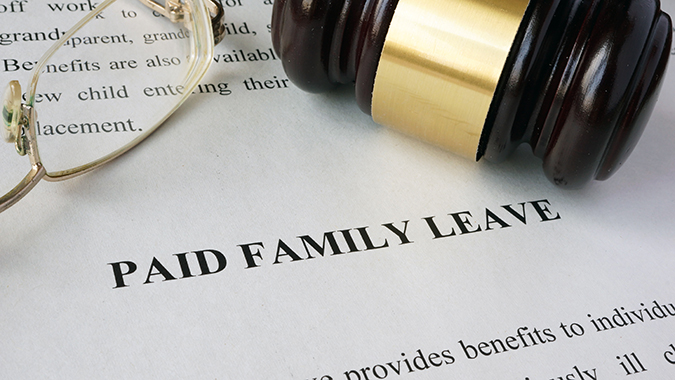The state Department of Labor and Workforce Development updated its website this week with a notice of increased employer unemployment insurance tax contribution rates for FY23 – more than a month and a half after the nearly $300 million tax hike was triggered.
NJBIA Vice President of Government Affairs Christopher Emigholz estimates the tax table increase from Column C to Column D will cost employers approximately $40 to more than $200 per job, depending on their experience rating.
That marks a 10-20% increase in their UI taxes this year, following a similar UI tax increase last year and another anticipated increase next summer.
“This is the second year in a row that business owners are being hit with an added and completely avoidable UI tax hit, after they were forced to endure the longest shutdowns and restrictions in the nation,” Emigholz said. “It is also unfortunately the second year in a row that the state has waited too long to notify employers of this costly tax increase.
“When a business is supposed to start increasing its withholdings on July 1 and it is notified more than six weeks later, you have added insult to fiscal injury. ”
“Our employers deserve better than they are getting from the state as it relates to timeliness and transparency of tax increases – on top of the indisputable fact they didn’t deserve to be hit with the UI tax increase in the first place,” Emigholz said.
Because the Murphy administration has declined to follow most states by using federal recovery dollars to offset a $1 billion UI tax increase over three years, the tax table increased from Column C to D starting on July 1 – the start of FY23.
As a result, New Jersey employers are facing about $300 million more in UI taxes this fiscal year.
If there is no UI tax relief for FY24, the column is set to increase from D to E, for another tax increase of likely more than $300 million.
A merged bill that would have offset some of the total $1 billion increase on New Jersey small businesses via tax credits passed unanimously in the Assembly and in a Senate committee in June.
But the Murphy administration had the bill removed from the board before a full Senate vote on June 29.
The bill’s sponsors, however, have vowed to work with the administration on UI relief after the Legislature’s summer recess.
One provision of that merged bill also required NJDOLWD to provide adequate notification about UI tax increases.
“Given that the business community needs to plan for cost increases, there should be some advanced notice,” Emigholz said. “It is good policy for the state Labor Department to better notify employers and lawmakers about any tax changes.”
NJDOLWD’s Notice of Employer Contribution Rates for FY23 is available for download via the agency’s Employer Access.
NJDOJWD said the notification will be sent by mail to some employers on Aug. 24.




